GE’s healthymagination Mother and Child Programme has graduated its second cohort of social entrepreneurs who completed training and mentorship designed to scale impact and improve maternal and child health outcomes in Africa.
The graduation of the second cohort builds on the success of the 1st group of entrepreneurs, all of whom have reported a notable impact of the programme on their businesses.
One such entrepreneur is Dr Steve Adudans whose HewaTele has attracted over $2 million (Ksh200 million) in additional investment since completing the programme in March 2017. “The skills and practical knowledge we received has enabled us to transform our business model for greater impact. Thanks to the programme, we managed to secure investment from global development partners for the expansion of 2 additional oxygen plants which will increase access to affordable, safe and quality life-saving medical oxygen in Kenya.”
“We are proud of the major strides that the first cohort of enterprises have made since they graduated, and are thrilled that a second stellar group of passionate entrepreneurs is now better equipped to expand their reach and save the lives of more mothers and children across the continent,” said Robert Wells Executive Director, New Growth Markets, Business Innovations at GE.
He said GE will continue partnering with social entrepreneurs to support sustainable healthcare development especially through capacity building and skills transfer.
After a rigorous evaluation process, the social enterprises selected to feature in the second cohort of the healthymagination Mother and Child Programme attended a three-day workshop in Johannesburg, South Africa followed by a six-month online accelerator program that included weekly in-depth mentorship from Silicon Valley-based executives and local GE business leaders.
This approach is designed to assist entrepreneurs operating in the healthcare space to acquire business fundamentals that will help them build and grow their impact.
The accelerator and mentorship programme culminates in an investor showcase during which the finalists pitch their enterprises to an audience of potential investors.
Speaking at the graduation event, Pamela Roussos the Chief Innovation Officer at Miller Center said the second group of change agents who are now ready to scale their work and offer their communities a path to better, healthier lives.
Launched in 2016 by GE in partnership with Santa Clara University’s Miller Center for Social Entrepreneurship, the programme set out to tackle maternal and child health by building the capacity of social enterprises operating in Africa with a view of improving outcomes for mothers and children on the continent which is in line with the company’s sustainability culture to make a meaningful difference in communities where it operates while improving productivity.
READ: Top social media influencers in Kenya
Below are the eleven social enterprises that have now completed the healthymagination Mother and Child Programme:
1. Afya Research Africa (Kenya; led by Dr. Moses Ndiritu) – is a social enterprise that works with communities to set up and manage medical centers and develop medical technologies that tackle access, cost and quality issues associated with healthcare services in Kenya.
2. Cedars Diagnostics (Kenya; led by Payan Ouko) – is a social enterprise serving the urban poor by providing access to quality and affordable diagnostic healthcare. They provide access to medical equipment, expertise, training, and support to like-minded organizations that provide primary care to underserved communities.
3. doctHERs (Pakistan; led by Dr. Asher Hasan) – is a novel, digital healthcare platform that connects female doctors to health consumers in real-time by leveraging online technology. The enterprise gives access to quality healthcare for underserved communities while providing employment for women doctors.
4. Liberian Energy Network (Liberia; led by Richard P Fahey) – LEN is providing reliable, clean and inexpensive solar lighting to the people of Liberia. The enterprise serves schools, clinics and other key institutions.
5. Maternity Foundation (Ethiopia; led by Anna Frellsen) – is a social enterprise that conducts clinical trainings of health care providers both pre-service and in-service with the aim of increasing the quantity and quality of skilled birth attendants.
SEE: GE and Santa Clara step up efforts to reduce child mortality
6. MDaaS (Nigeria: led by Oluwasoga Oni) – is a social enterprise that improves the affordability, accessibility and availability of hospital equipment by providing maintenance, repair and refurbishment services, and also financing/leasing services to hospitals in Nigeria.
7. MOBicure (Nigeria; led by Dr. Emmanuel Owobu) – is a mobile health enterprise creating solutions that make use of mobile technology devices and tools such as phones, tablets, SMS, apps, Interactive Voice Recordings (IVRs) and videos to solve some of the most pressing healthcare problems facing Nigeria and other developing countries, especially with regards to maternal and child health.
8. Neopenda (Uganda; Led by Sona Shah) – is a health tech startup and social enterprise creating healthcare solutions that give newborns in low-resource settings the healthy lives they deserve. They provide a simple, low-cost, low-power wearable device that continuously monitors newborn’s key vital signs.
9. Sevamob Ventures USA (India, South Africa, United States; led by Shelley Saxena) – is a social enterprise that created an artificial intelligence-enabled healthcare platform to help patients manage their health and get access to relevant information and services and assist providers to offer better care, based on relevant data and electronic medical record.
10. Sisu Global Health (Kenya & Ghana;led by Carolyn Yarina) – is a social enterprise seeking to end healthcare disparities by developing medical technology that addresses critical needs in emerging markets. The first product to market is Hemafuse, an alternative to donor blood, it salvages, filters and recycles a patient’s own blood.
11. SubQ Assist (Ethiopia; led by Dr. Ibrahim Mohedas) – is a task-shifting device that makes subcutaneous contraceptive implants simple and safe to administer. The SubQ Assist acts like a template for a Community Healthcare Worker (CHW), controlling the skin and implant needle.




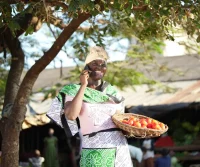
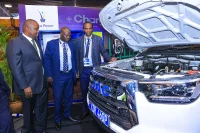
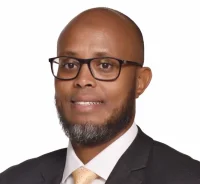

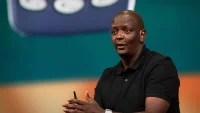
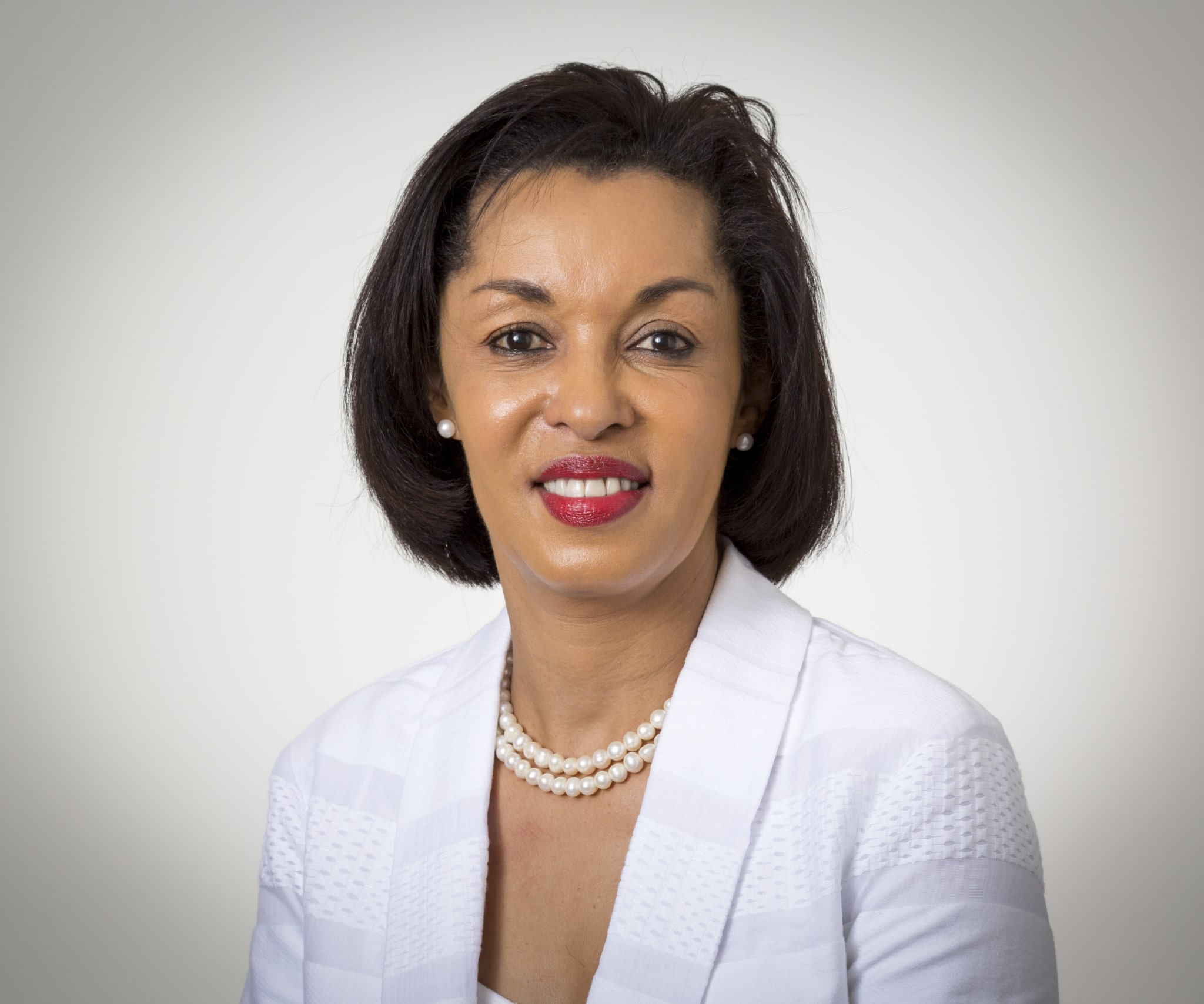


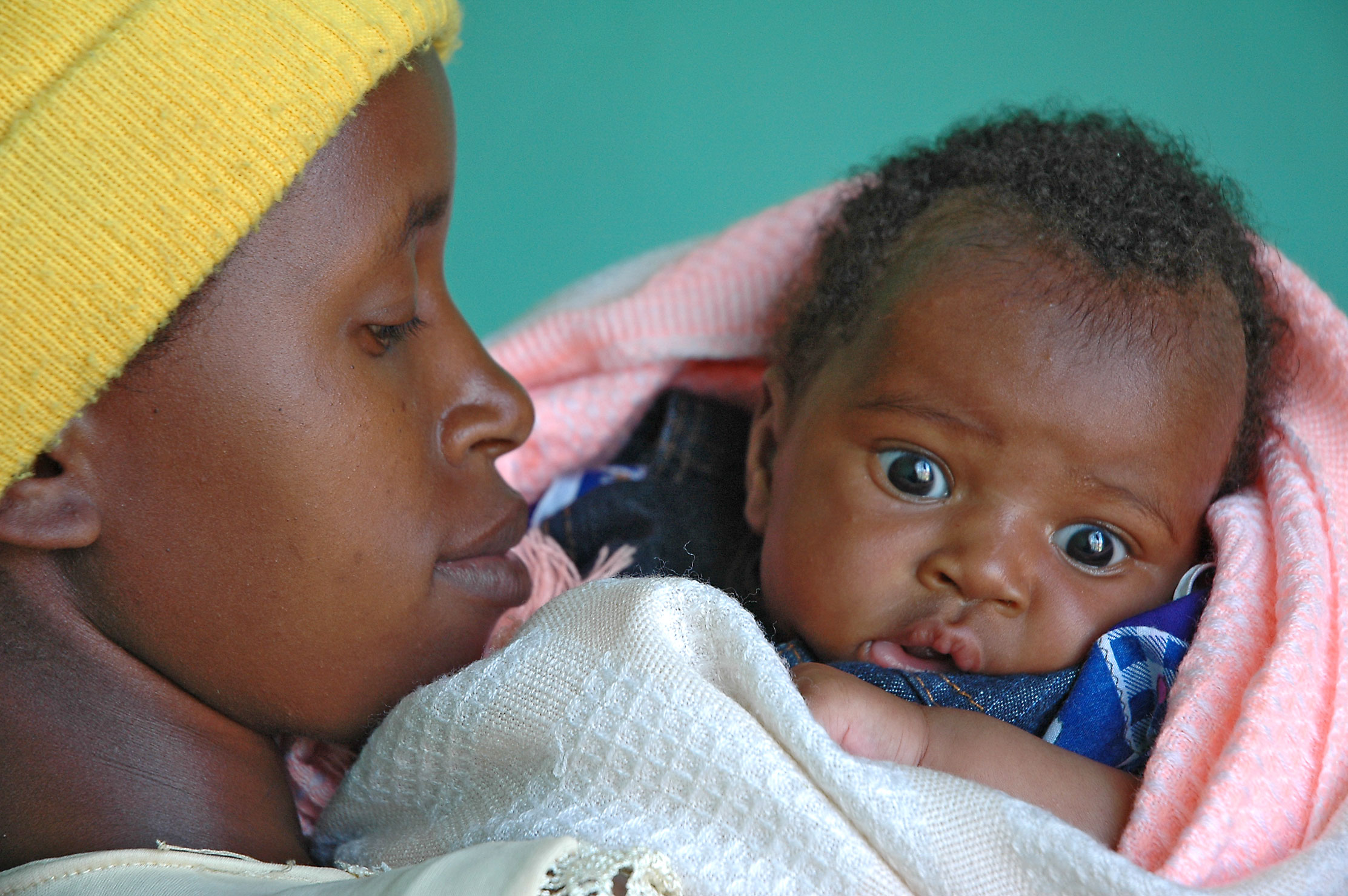
Leave a comment